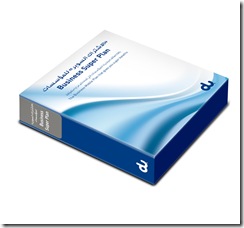Wataniya Palestine has threatened to seek a return of its licence fee and other financial compensation if radio frequencies required for it to launch service are not released by September 15.
Last September, Palestine’s telecoms regulator, the Palestinian National Authority (PNA) advised Wataniya Palestine that spectrum would be allocated, allowing the licensee to launch commercial operations after repeated delays since March 2007.
At the time, the Palestinian Ministry of Telecommunications and IT (MTIT) confirmed an agreement had been reached with the PNA, which would provide the staged release of radio frequencies over several months.
The latest deadline set by Wataniya expires a month before the operator’s proposed launch date.
Wataniya Palestine said it had been provided with frequencies that fall below the minimum needed to launch the network. “In the event that minimum radio spectrum is not allocated to meet the launch schedule, Wataniya Mobile must pursue remedies that may include demands for refund of its licence fee payment and other damages,” a statement from the company read.
Palestinian minister of communications, Mashhour Abu Daqqa, told news wires the Palestinian Authority would ask international powers to press Israel to cover financial costs that would result from a possible Wataniya withdrawal from the deal.
“The Israeli side, as usual, is stalling in fulfilling its commitments. The Israeli side should pay for the financial costs, and we will demand that they do so,” Daqqa said.
He said the Palestinian Authority asked Israel to release some 4.8 MHz in frequencies but it only agreed to the release of 3.8 MHz.
Wataniya is said to have so far invested some US$270 million in infrastructure, as well as an additional US$140 million in licensing fees to the Palestinian Authority.
Wataniya signed a licence agreement with the Palestinian Authority in 2007 after bidding JD 251 million (US$354.3 million) to build and operate a new mobile network.





